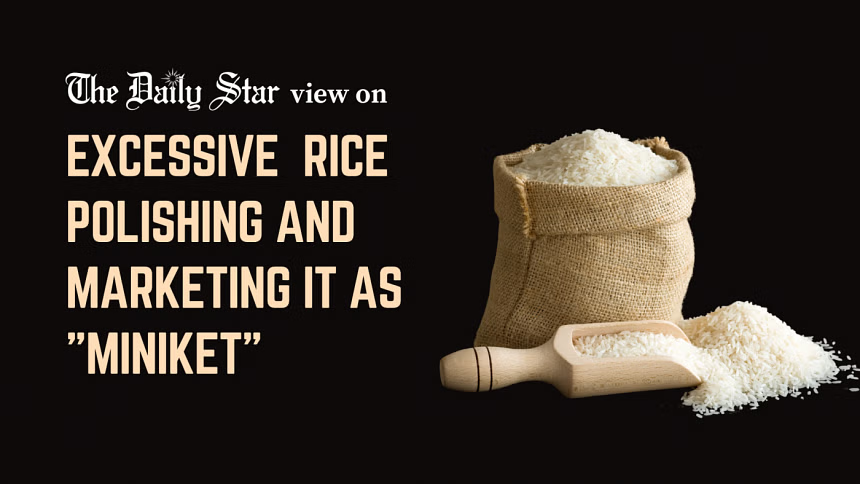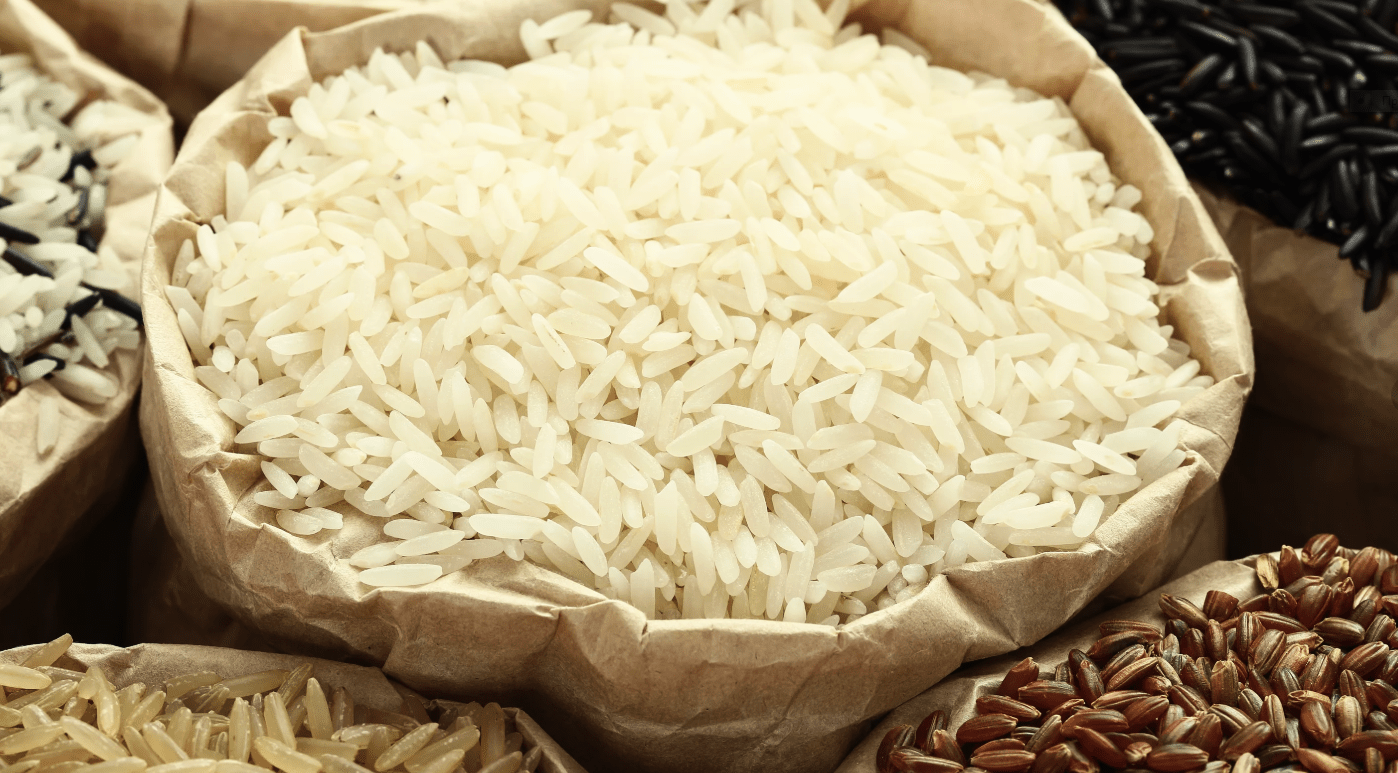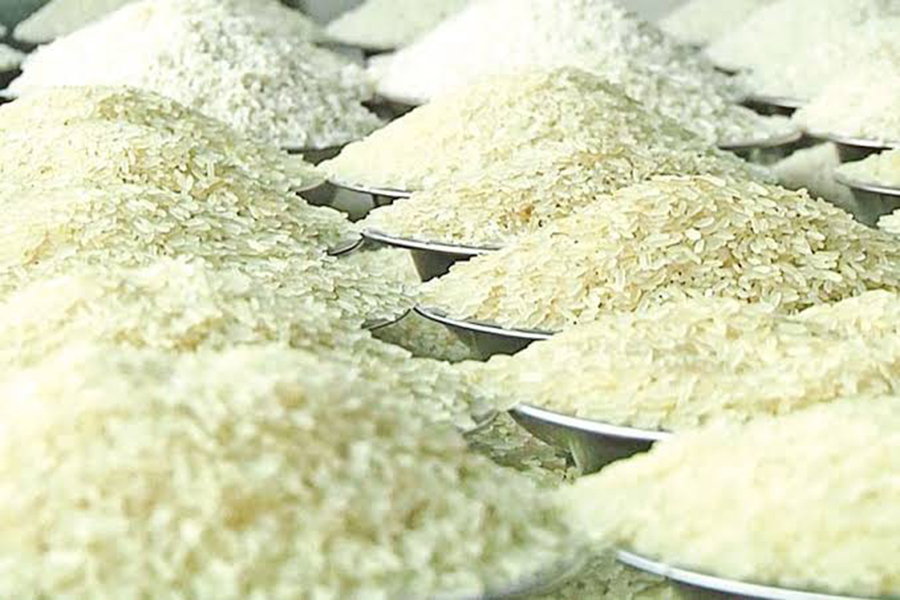Tags
The price we pay for processed rice
Govt must formulate clear guidelines on rice processing

It is a truth universally acknowledged by now that laws and directives in Bangladesh are meant to be broken. It is no surprise, then, that millers across the country have been defying a 2023 ban on polishing rice and selling it under fake names, such as the popular variety “miniket.” This processed rice comes at a steep cost: compromised nutrition, wasted resources, and potentially inflated prices.
The allure of miniket lies in its polished appearance, a characteristic achieved by removing layers of the rice bran, which is rich in essential nutrients: iron, calcium, and B vitamins. Studies reveal that excessive polishing strips rice of up to 70 percent of its zinc content, a crucial mineral for immune function and growth. Furthermore, this excessive polishing leads to significant rice wastage. Experts estimate that 16 lakh tonnes of rice are lost annually due to over-polishing. This not only impacts national food security, but also contributes to potentially higher rice prices for consumers. Alarmingly, as per a recent study by the International Food Policy Research Institute (IFPRI), over 30 percent of the rice sold in city markets in Bangladesh is refined into a different shape, size, and colour and branded as miniket.
It is truly mind-boggling that we are allowing our staple to be stripped of its nutrients under the ignorant belief that white, processed rice is better than nutrient-filled coarse rice, and even paying a steeper price for it!
While we laud the government for recognising the harmful impact of over-processing rice, we are at a loss to understand why the ban is yet to be implemented. There are as many as 4,000 automatic rice mills across the country, according to Bangladesh Auto Major and Husking Mills Owners Association (BAMHMOA). Millers say there are no clear guidelines on what an acceptable limit of processing rice is, while food controllers, who should be implementing the ban, say they have received no instructions from the government or high officials on what steps to take. This inaction, which not only undermines the law but also jeopardises the health of Bangladeshi citizens, is simply unacceptable.
The solution lies in swift and decisive action. The government must expedite the issuing of clear rice polishing guidelines, establishing acceptable limits, and outlining enforcement mechanisms. Rice millers also have a role to play here. They must embrace responsible practices and prioritise the well-being of the nation over short-term profit gains. Additionally, public awareness campaigns are crucial to educate consumers about the misleading nature of the miniket label. It is truly mind-boggling that we are allowing our staple to be stripped of its nutrients under the ignorant belief that white, processed rice is better than nutrient-filled coarse rice, and even paying a steeper price for it!
https://www.thedailystar.net/opinion/editorial/news/the-price-we-pay-processed-rice-3642136Published Date: June 27, 2024






